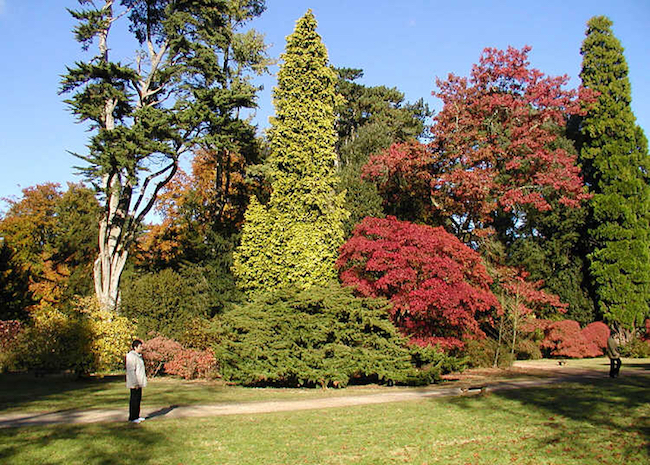 Wednesday 13 February 2019 4:39pm
Wednesday 13 February 2019 4:39pm
Contact with nature enhances people's physical, mental and spiritual well-being – from reducing stress and blood pressure to enhancing mood and social interactions.
Older people's inability to engage in nature can leave them feeling sad, frustrated and angry, a University of Otago study has found.

Associate Professor Yolanda van Heezik.
Lead author, Associate Professor Yolanda van Heezik, of the Department of Zoology, says contact with nature enhances people's physical, mental and spiritual well-being – from reducing stress and blood pressure to enhancing mood and social interactions.
However, older adults' ability to experience nature is often diminished by declining health and mobility, and home type.
“As most people living into advanced old age often experience significant physical disability, the restorative benefits derived from the natural environment are not as readily accessible.
“Nearby green spaces such as home gardens become increasingly important as sites where people can see and interact with nature,” Associate Professor van Heezik says.
The researchers investigated older adults occupying family, downsized, and rest homes to determine factors related to changes in nature engagement, and the quality of available nature as people age.
Their findings, published in the journal Environment and Behavior, revealed older people spent less time in natural places as they aged, and that garden variability meant the quality of nature experience was likely lower for those living in downsized and rest homes.
While many people were quite happy and accepting of their situation, others conveyed the opposite.
“Although a strong personal connection to nature reduced the decline in time older adults spent in natural landscapes, a significant proportion of those reporting negative impacts with regard to nature encounters and engagement, expressed feelings of sadness, frustration, and anger,” she says.
Co-author Associate Professor Debra Waters says participants reported that gardens became an important place to feel close to nature when reduced mobility prevented them from visiting more natural spaces.
“Gardens of family homes were found to be most effective in supporting well-being as they contained more trees, woody plants, and the types of shrubs that attract birds.
“For those with limited mobility, window views have been found to be restorative, and family homes offered views with more natural features,” she says.
Associate Professor van Heezik hopes the study will help people understand the value of green spaces with diverse vegetation.
“Private gardens are becoming threatened in the face of policies for more compact urban growth, but these are the spaces where older adults can enjoy nature, largely irrespective of age and frailty,” she says.
Co-author Professor Claire Freeman, of the School of Geography, says it is important for policy makers and planners to incorporate accessible green spaces when designing environments.
Local councils should play a role in educating the public by modelling how small spaces can be landscaped to include a range of vegetation and support biodiversity, while landscaping of rest home gardens could move away from a focus on colourful shrubs to include more trees and native species likely to attract birds.
“We know that even where there is good greenspace provision it may not be accessible for older adults as they can't walk or drive to it, so they need green immediately around their home.
“Gardens that attract birds are also highly valued by urban residents and were specifically mentioned by a number of people in the study,” she says.
Ways for family and friends to help older people engage in nature:
- Help them in the garden if they are physically unable to maintain it
- If they live in a down-sized home, help plan a small garden that is still diverse and will attract birds
- If they live in a rest home help them go outside and sit in the garden when they visit; take them for drives to places that are meaningful to them
Publication details:
Heezik, Y. van, Freeman, C., Buttery, Y., & Waters, D. L. (2018). Factors Affecting the Extent and Quality of Nature Engagement of Older Adults Living in a Range of Home Types. Environment and Behavior. https://doi.org/10.1177/0013916518821148
For more information, contact
Professor Claire Freeman
School of Geography
University of Otago
Email claire.freeman@otago.ac.nz
Find an Otago expert
Use our Media Expertise Database to find an Otago researcher for media comment.
